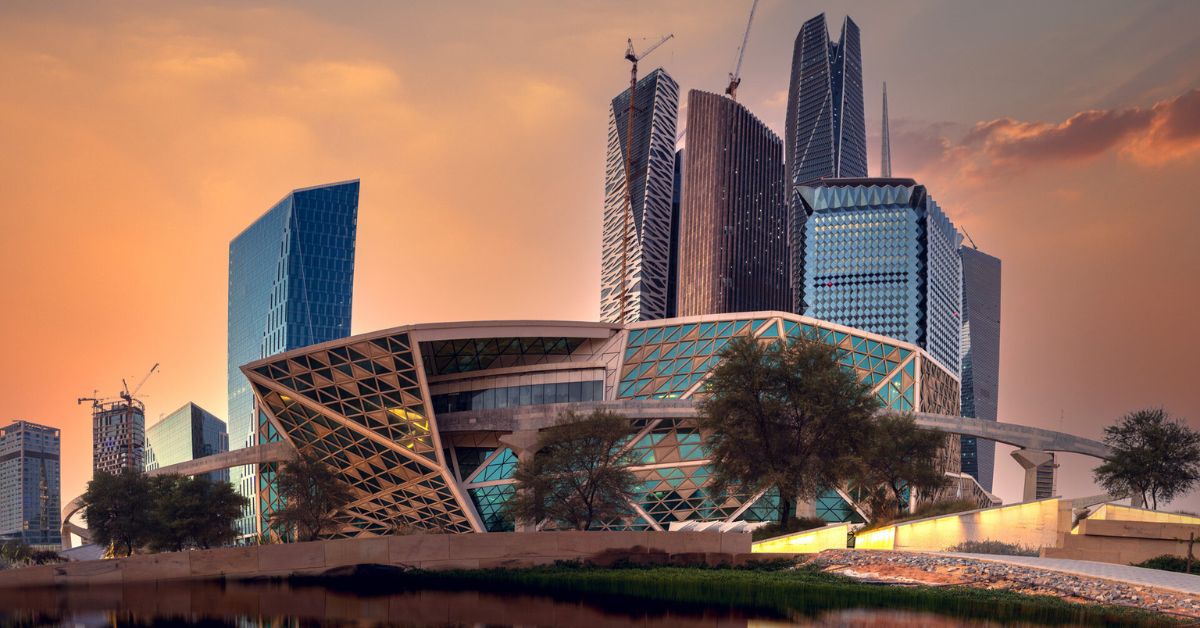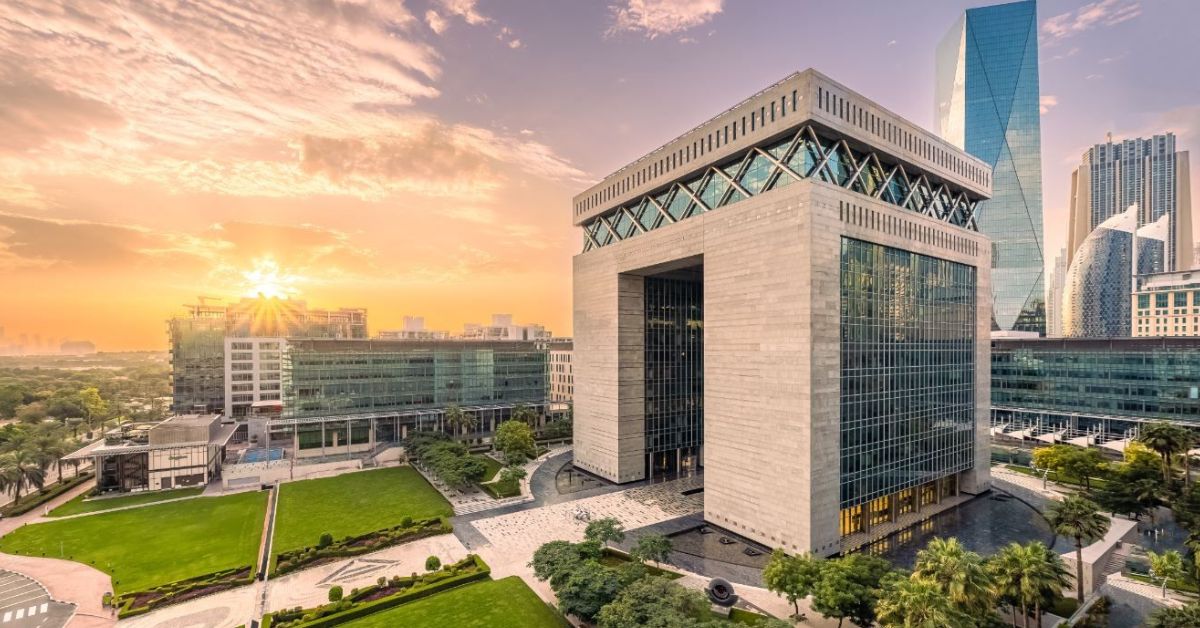DUBAI — Most GCC corporate and infrastructure firms are supported by favorable credit conditions in their domestic markets, despite challenges like soft global economic growth, high interest rates, and significant geopolitical risks in the Middle East.
According to the latest S&P Global Ratings report, over 95 percent of their outlooks on rated GCC corporate and infrastructure firms are stable, indicating that ratings will likely remain resilient in 2024, though there will be limited rating upside this year.
The report predicts that rated GCC corporate and infrastructure firms will be able to handle higher refinancing needs and interest costs in 2024, thanks to improved operating performance from 2023, especially for oil, gas, and chemical companies, and continued growth in non-oil sectors.
Additionally, the level of absolute reported debt across government-related entities (GRE) and non-GRE issuers in the region remains relatively stable, with aggregate reported debt expected to hardly change in 2024 and 2025 despite significant spending needs.
At A Glance Favorable Credit Conditions: GCC firms benefit from supportive domestic credit amidst global challenges. Stable Ratings Outlook: Over 95% of S&P's ratings on GCC firms are stable, hinting at resilience in 2024. Managing Refinancing and Interest Costs: Rated firms expected to handle increased costs due to better performance and sector growth. Debt Stability: Reported debt levels for GCC entities to remain stable through 2024-2025. Economic Growth Projections: GCC economies predicted to grow by 2%-3% in 2024, with non-oil sectors expanding. Shift Toward Clean Energy: Increased focus on sustainable energy solutions and decarbonization initiatives post-COP28. Infrastructure Resilience: Long-term concessions and risk allocation strategies bolster infrastructure asset resilience.
S&P also estimates a 5 percent-10 percent increase in the aggregate EBITDA of rated GCC companies in the next two years. “Most GCC corporate and infrastructure ratings should remain resilient to soft global economic growth and high interest rates in 2024,” said S&P Global rating credit analyst Rawan Oueidat.
“We expect continued growth in both EBITDA and capital expenditure overall, largely reflecting rated companies’ ambitious economic development plans. Their credit metrics should, therefore, either remain broadly unchanged or improve marginally,” Oueidat added.
The operating environment in the GCC region this year is characterized by increased oil-related real GDP growth due to tapering OPEC+ cuts from the first quarter of 2024, supported by growth in the non-oil sector. S&P anticipates that GCC economies will grow by an average of 2 percent-3 percent in 2024, benefiting from relatively stable oil prices.
Non-oil economic expansion is expected to continue at a rate of slightly less than 5 percent in Saudi Arabia and the UAE, driven by significant investments in economic diversification and population growth of about 2 percent-4 percent across the GCC in 2024.
We expect continued growth in both EBITDA and capital expenditure overall, largely reflecting rated companies’ ambitious economic development plans. Their credit metrics should, therefore, either remain broadly unchanged or improve marginally.
Rawan Oueidat, S&P Global Rating Credit Analyst
The non-oil sectors will continue to benefit from high public spending as part of various economic development programs, such as Saudi Arabia’s Vision 2030, and consumer spending growth, although slower than in 2023.
Meanwhile, regional governments will compete to attract new businesses, given the need to create jobs for younger generations and tightening employment requirements for GCC nationals in private companies.
“We expect GCC infrastructure assets to remain resilient to market risks throughout 2024, as they often have long-term concessions that fully mitigate these risks. Furthermore, project finance risk allocation typically protects companies from changes in law, currency exchange rates, inflation, and interest rate risks. Additionally, most of the rated projects are government-related entities (GREs), reflecting the governments’ strong role in the region’s economic activity. The sovereigns’ robust credit profiles and our expectation that they would support the GREs underpin our high ratings on these entities,” the report stated.

The focus on infrastructure investments is shifting towards clean energy. For the next five years, S&P anticipates an acceleration in the implementation of various decarbonization initiatives following COP28, along with issuers’ progressive return to the capital markets for debt refinancing. GCC infrastructure assets are expected to continue their resilience to market risks over 2024, bolstered by long-term concessions that mitigate these risks.
Additionally, more than 95 percent of our outlooks on rated GCC corporate and infrastructure firms are stable, indicating S&P’s view that ratings will remain resilient in 2024. However, this also suggests a limited rating upside for this year.
There is also an expectation for increased activity in the renewables sector. While the GCC region remains heavily reliant on fossil fuels, there is a growing shift towards sustainable energy solutions as countries aim to reduce their dependence on oil and gas, thereby enabling future clean energy exports.
Besides the energy sector, the report highlights significant investments in transportation, social infrastructure, and digitalization, with substantial expenditures on connectivity and a doubling of data center capacity to accommodate the region’s growing population. Riyadh and Dubai are projected to nearly double their populations by 2030 and 2040, respectively.








